The state of Florida has recently passed a bill unanimously that introduces a new approach to handling squatting.
This legislation permits law enforcement to evict squatters immediately, bypassing the often lengthy and complicated court proceedings that are typically required. This is a significant shift in how squatting cases are addressed, aiming to provide a quicker resolution for property owners facing such issues.
Positive Response from Property Owners
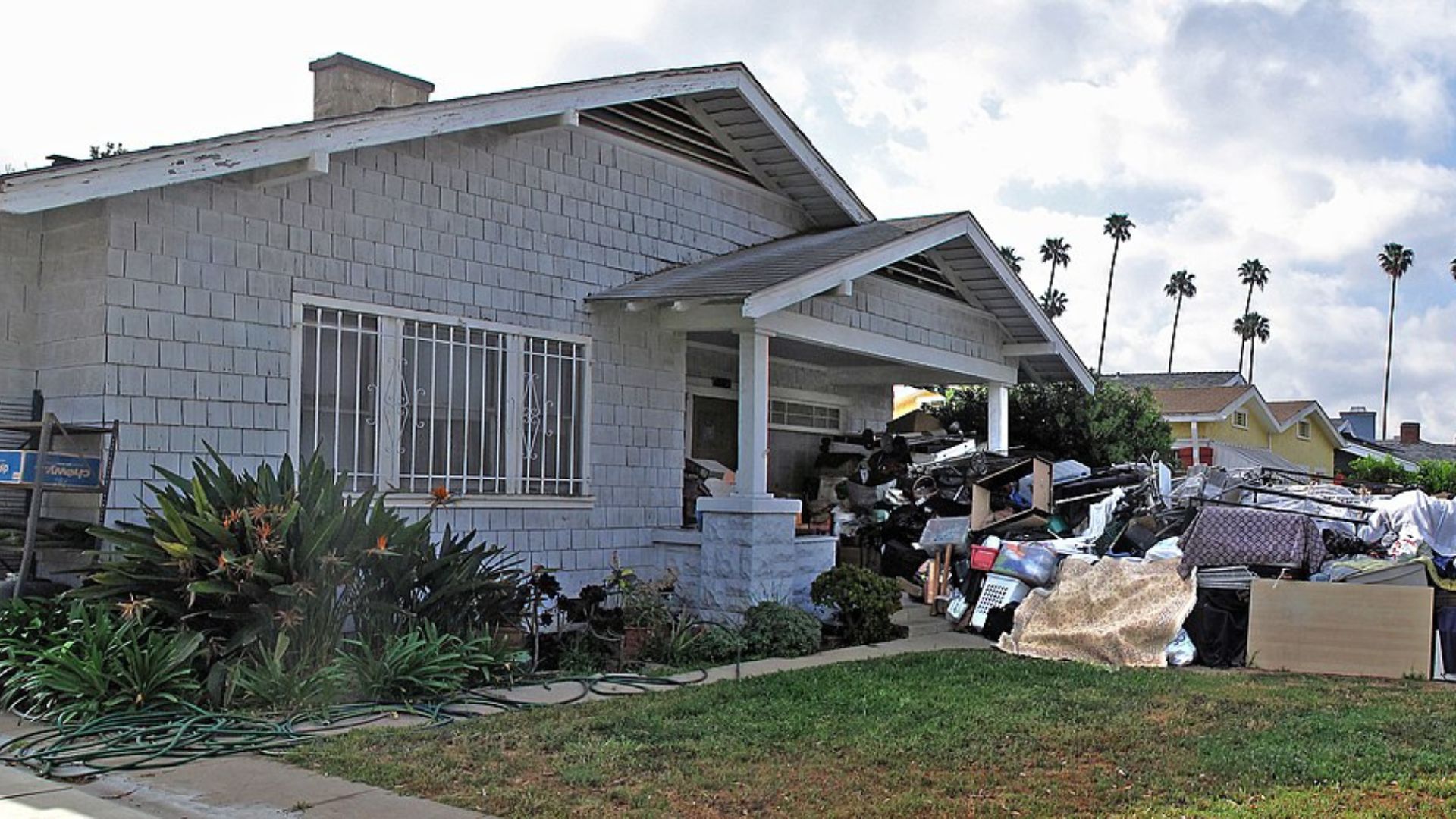
Property owners in Florida, like Patti Peeples who experienced squatting firsthand, have expressed their relief and optimism following the passage of the bill.
Peeples shared with News4Jax, “It gives me a real feeling of positive hope that we still have the ability to discuss challenges in our society and work with our legislatures in a bipartisan way.”
Simplifying the Eviction Process
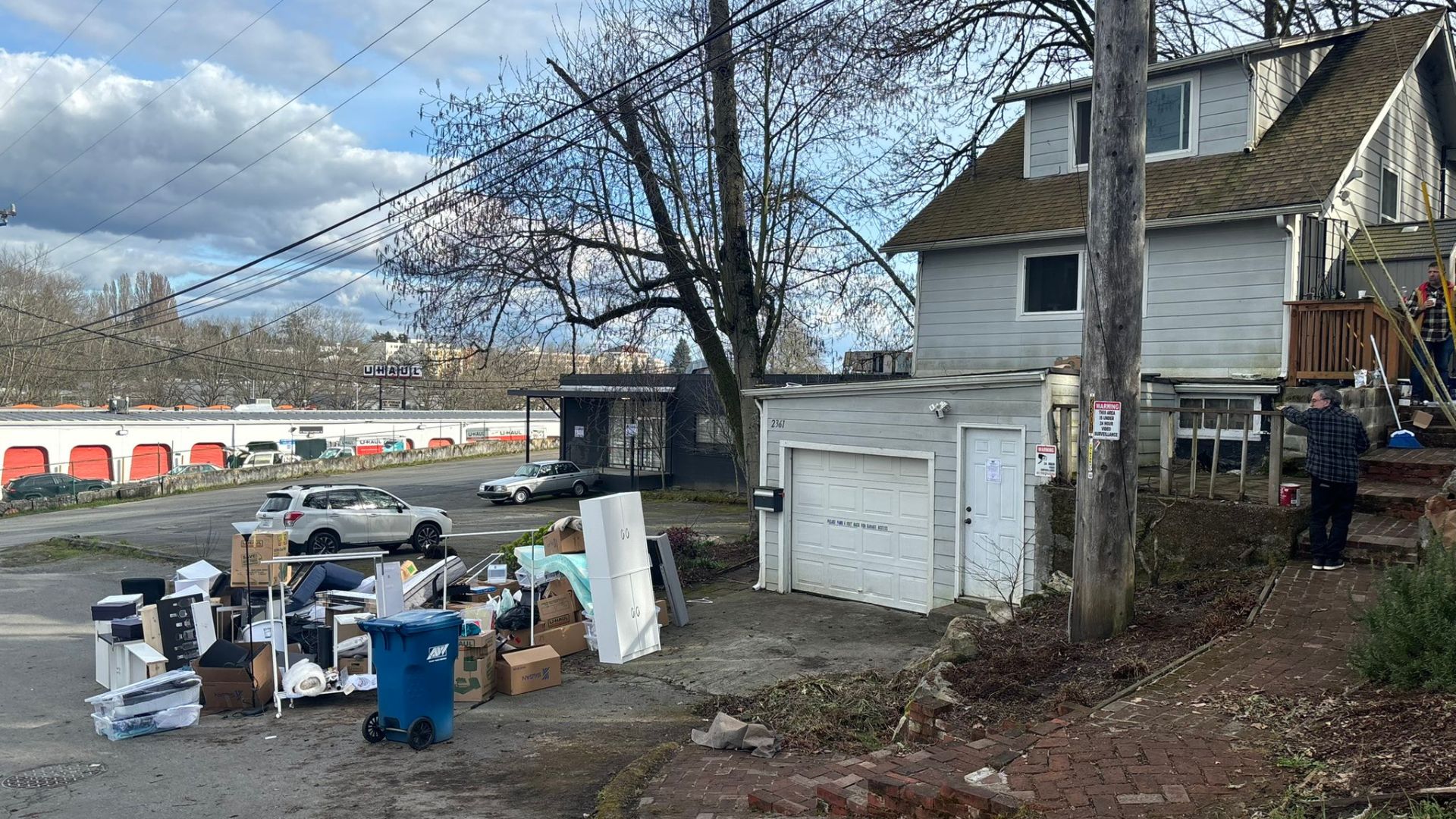
The new legislation enables police to remove individuals squatting on a property without an authorized lease from the property owner.
This provision significantly simplifies the eviction process for landlords, who previously had to navigate through a protracted and costly legal process to reclaim their properties from squatters.
The Reality of Squatting for Property Owners
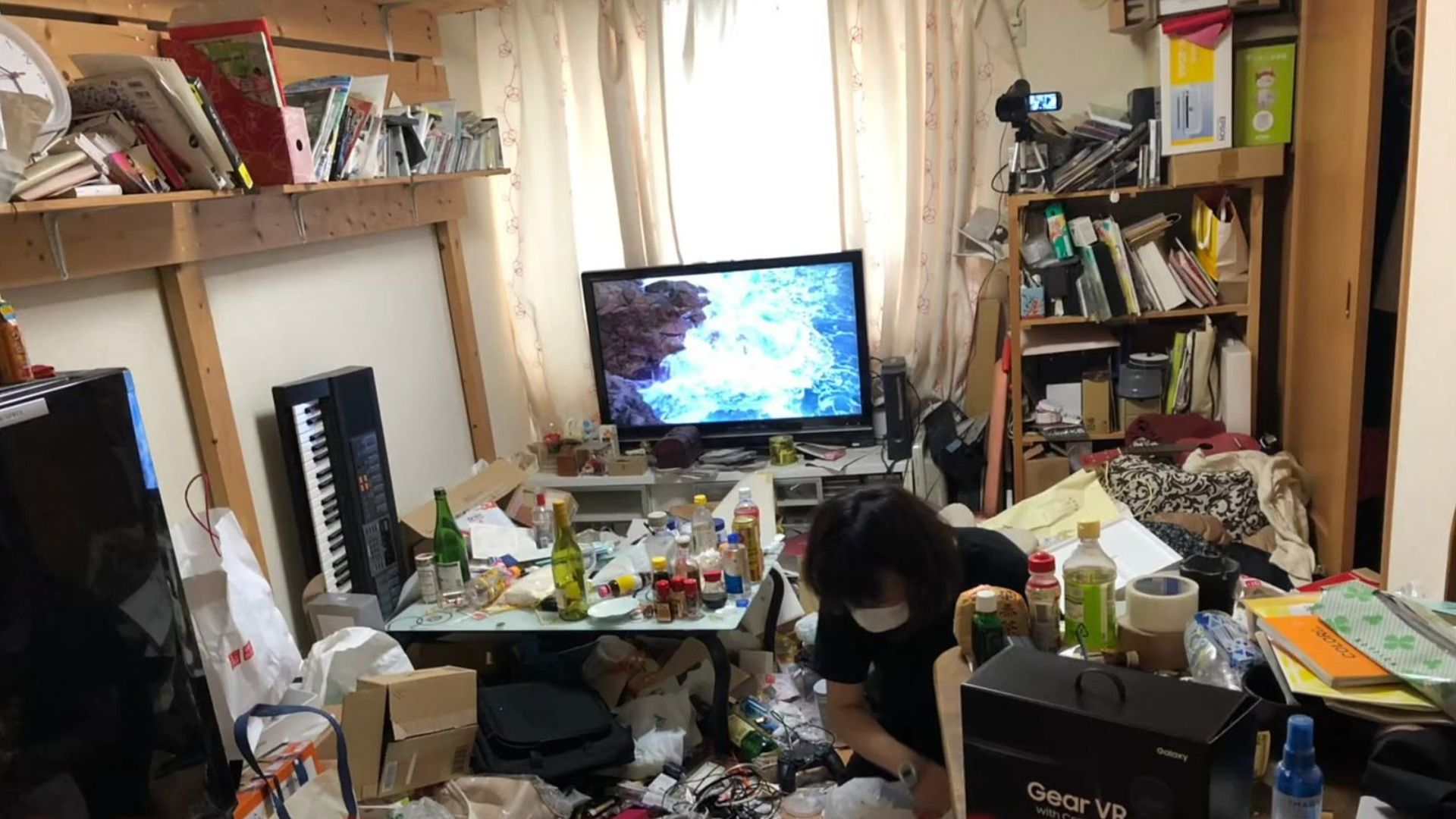
The problem of squatting was brought to light through personal stories shared with legislators, including a compelling account by Peeples.
She recounted to the state Senate Criminal Justice Committee how squatters had taken over her home, illustrating the direct impact of squatting on property owners and the need for legal reforms.
Addressing Fake Leases

One of the challenges highlighted in combating squatting has been the presentation of fraudulent leases by squatters.
This tactic has been used to claim rights to properties unlawfully, complicating the eviction process for property owners. The new bill directly addresses this issue by enabling police intervention without a lease authorized by the property owner.
Concerns from Advocacy Groups

Advocacy groups, including Florida Rising, initially expressed concerns that the legislation could be misused against legitimate tenants.
However, after amendments were made to protect legal occupants, the group took a neutral stance on the bill. This adjustment illustrates the legislative effort to balance the protection of property rights with safeguarding legitimate tenancy.
Bill Awaiting Governor’s Approval

The bill, having passed both chambers of the Florida Legislature, is now awaiting the signature of Governor Ron DeSantis.
If signed into law, it would not only expedite the removal of squatters but also provide recourse for wrongfully evicted tenants, including the ability to sue for access, attorneys’ fees, and damages.
The Financial and Emotional Toll of Squatting

The case of Patti Peeples highlights the financial and emotional toll squatting can inflict on property owners.
After weeks of legal battles to evict squatters who claimed to be victims of a rental scam, Peeples found her home significantly damaged, resulting in thousands of dollars in losses.
Emotional Impact on Property Owners
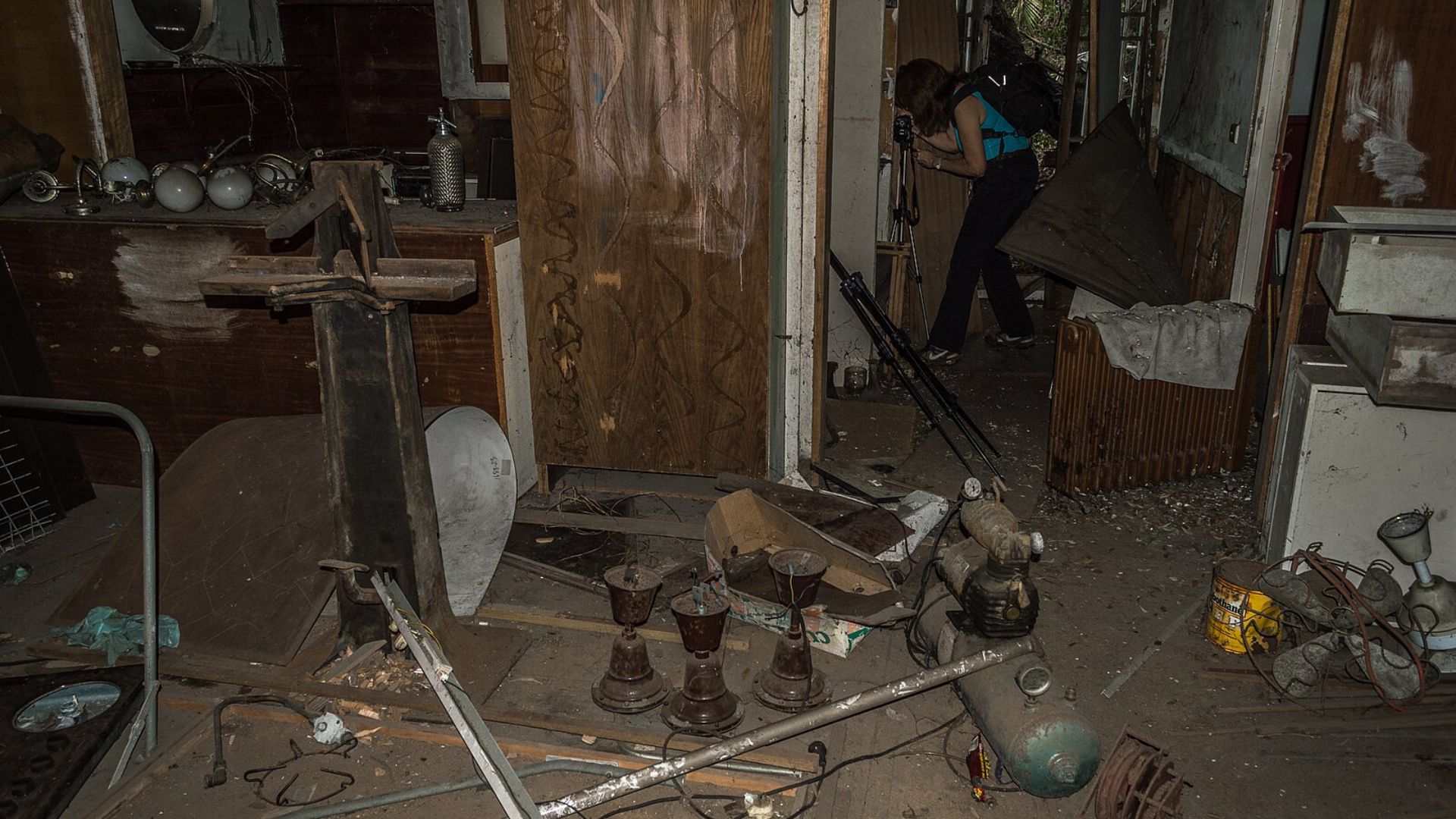
Peeples shared with Fox News the range of emotions she experienced due to the squatting incident, including “intense anger,” a sense of defeat, and feeling wronged by both the legal and police systems.
Her testimony provides a personal perspective on the distress property owners can face when dealing with squatting on their property.
Another Troubling Florida Home Invasion by Squatters

In another alarming incident, a $1 million home in Florida became the site of an illegal occupation by ten squatters, leading to significant property damage and a bug infestation.
The ringleader of this group, identified as Tyrone Jones, is accused of employing a fake identity to unlawfully become the executor of the property located on Seabreeze Boulevard.
Extensive Damage Reported

The squatters left the home in a deplorable state, with extensive damage to walls, windows, and flooring.
This situation not only highlights the physical destruction brought upon the property but also sheds light on the audacity of the squatters who, according to the Broward County Sheriff’s Office, knew how to exploit the legal system to delay eviction.
Tyrone Jones’ Alleged Fraudulent Scheme

The Daily Mail reports that Jones stands accused of orchestrating a complex fraudulent scheme, creating a fake identity to assume control over the Fort Lauderdale property.
This act was not isolated, as Jones is allegedly involved in 14 similar crimes, fraudulently acquiring properties valued at more than $12 million.
Law Enforcement’s Intervention

The intervention by the Broward County Sheriff’s Office led to the eviction of seven men, two women, and a child from the property.
Following the eviction, measures were taken to secure the property by changing the locks, preventing the squatters from re-entering the home they had illegally occupied.
Impact on Neighbors
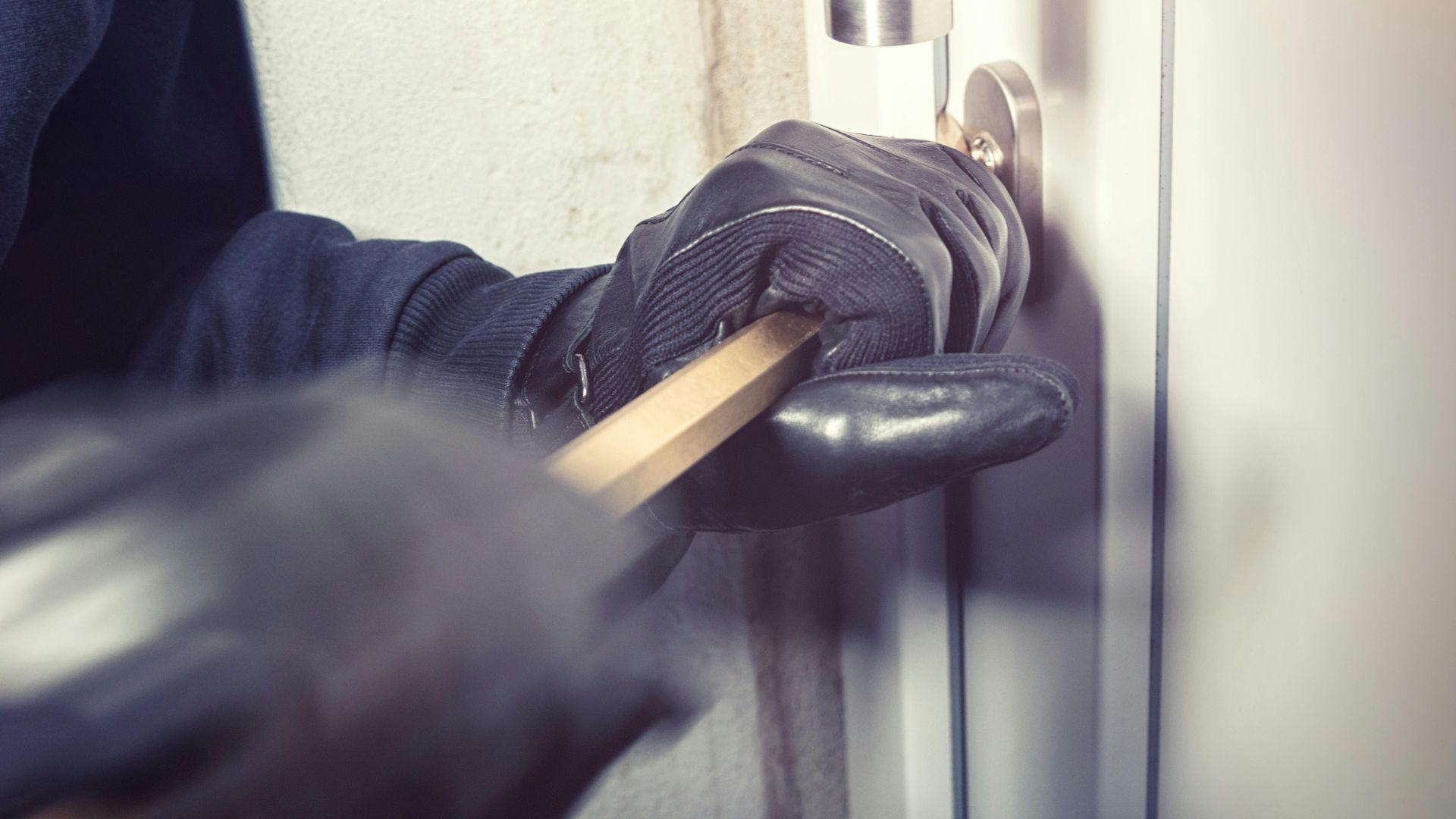
The presence of squatters terrorized the neighborhood, particularly affecting a next-door neighbor who reported a break-in during the night of February 27, 2022.
The neighbor recounted the terrifying experience to CBS Miami, describing how his wife screamed upon realizing an intruder was at the foot of their bed, highlighting the broader security concerns posed by the squatters.
A Surprising Discovery: Ankle Monitor
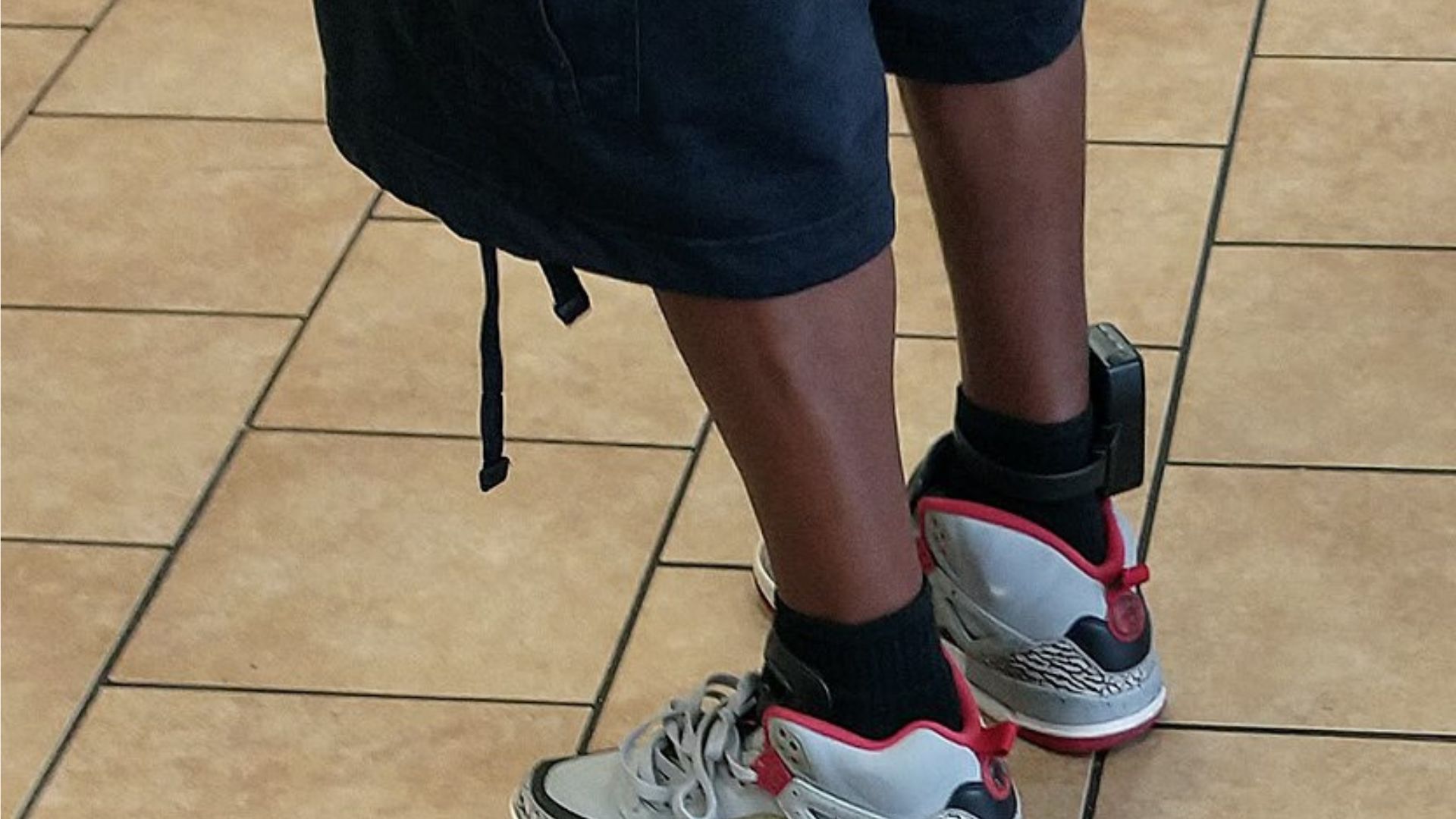
Among the evicted squatters was Kevin Bosley, who was previously arrested and released with an ankle monitor.
Unbeknownst to authorities, Bosley had been residing in the stolen home, a fact that came to light only during the eviction process, when he was seen being escorted out with the monitor still attached.
The Condition of the Stolen Home
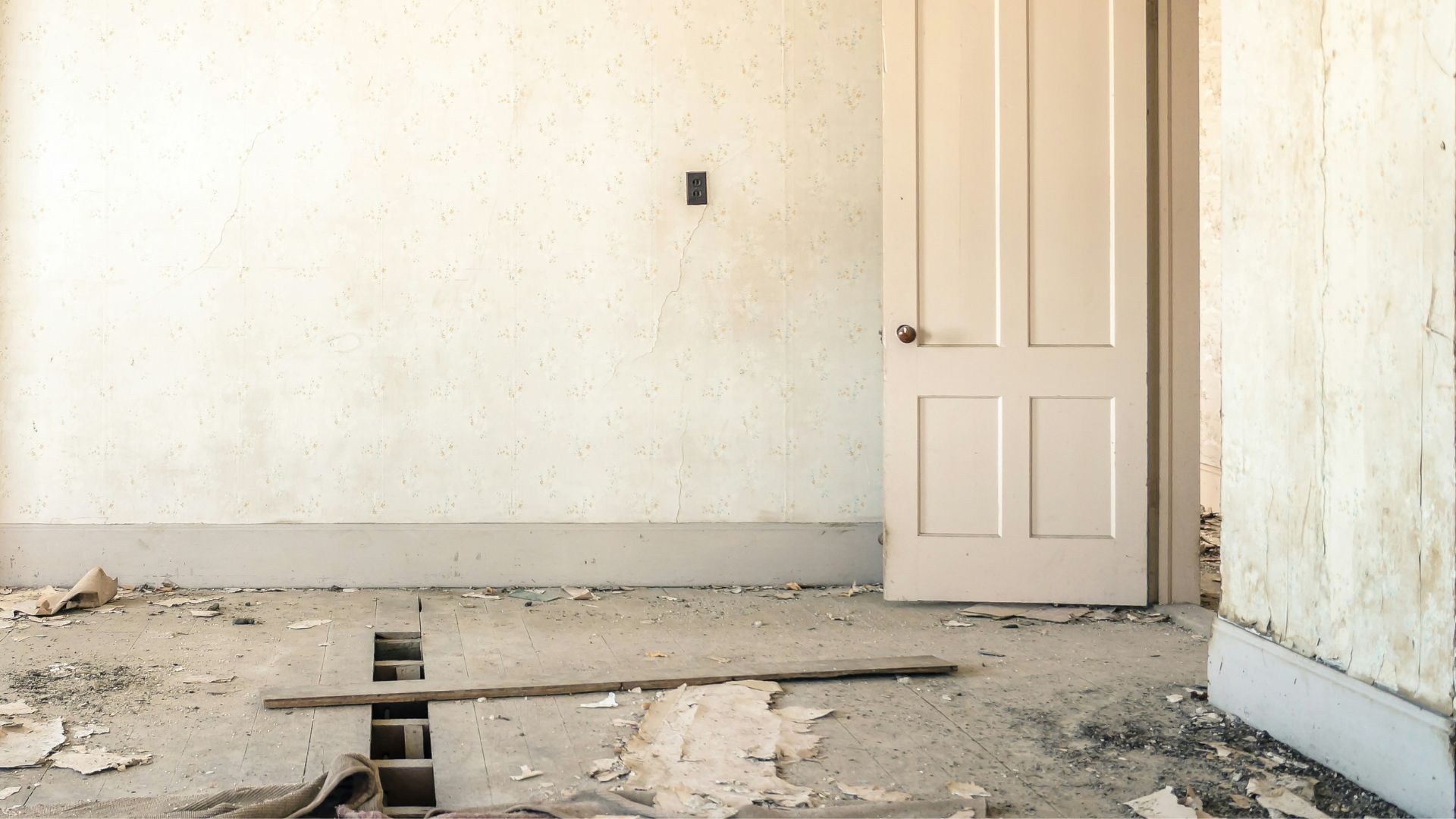
The home suffered extensive damage during the occupation.
Mike Fisten, an investigator for the Broward Property Appraiser’s office, detailed the destruction stating, “It’s bug infested. The walls are damaged. The flooring is damaged. The windows are damaged. The whole area is totally damaged.”
The Broader Impact of Home Theft

Marty Kiar, the Broward County Property Appraiser, emphasized the wider implications of such criminal activities.
He pointed out that home theft does not only affect the property owner but also victimizes the community. The illegal occupation led to additional crimes, including a break-in into a nearby home, further underscoring the cascading effects of the squatters’ actions.
Community and Law Enforcement Collaboration

The efforts to address the issue of squatting and property fraud in Broward County have been significant, with nearly 200 squatting incidents investigated within a year.
Marty Kiar praised the cooperation between the Fort Lauderdale Police Department, the Broward Sheriff’s Office, and his team in working to protect the community and hold perpetrators accountable.
Squatting Incident in Houston

A separate incident in Houston saw a public school teacher and her family evicted from a home they occupied using a fake lease.
The teacher, Amberlyn Prather, faced legal consequences after a judge ordered their eviction, highlighting the risks and legal repercussions of squatting.
Real Estate Challenges and Resolution

The squatters’ presence posed significant challenges for real estate professionals. Realtor Shanequa Garrett, authorized to sell the Houston house, struggled for months to regain access due to the illegal occupants.
The eventual eviction of the squatters allowed Garrett to assess the property and work towards its sale, marking an end to a difficult chapter.
Reclaiming and Protecting Community Properties

The incidents in Florida and Houston illustrate the complex challenges faced by communities dealing with illegal squatters.
The anti-squatting bill aims to help law enforcement, property appraisers, and real estate professionals in the process of reclaiming properties, ensuring that communities can feel secure in their homes and neighborhoods.
Strengthening Legal Penalties

Under the proposed legislation, presenting a fake lease would be considered a misdemeanor, and selling or leasing someone else’s property without permission would be classified as a felony.
Additionally, causing more than $1,000 in property damage would also result in felony charges, significantly raising the stakes for squatting and related offenses.
Call for Stricter Squatting Laws
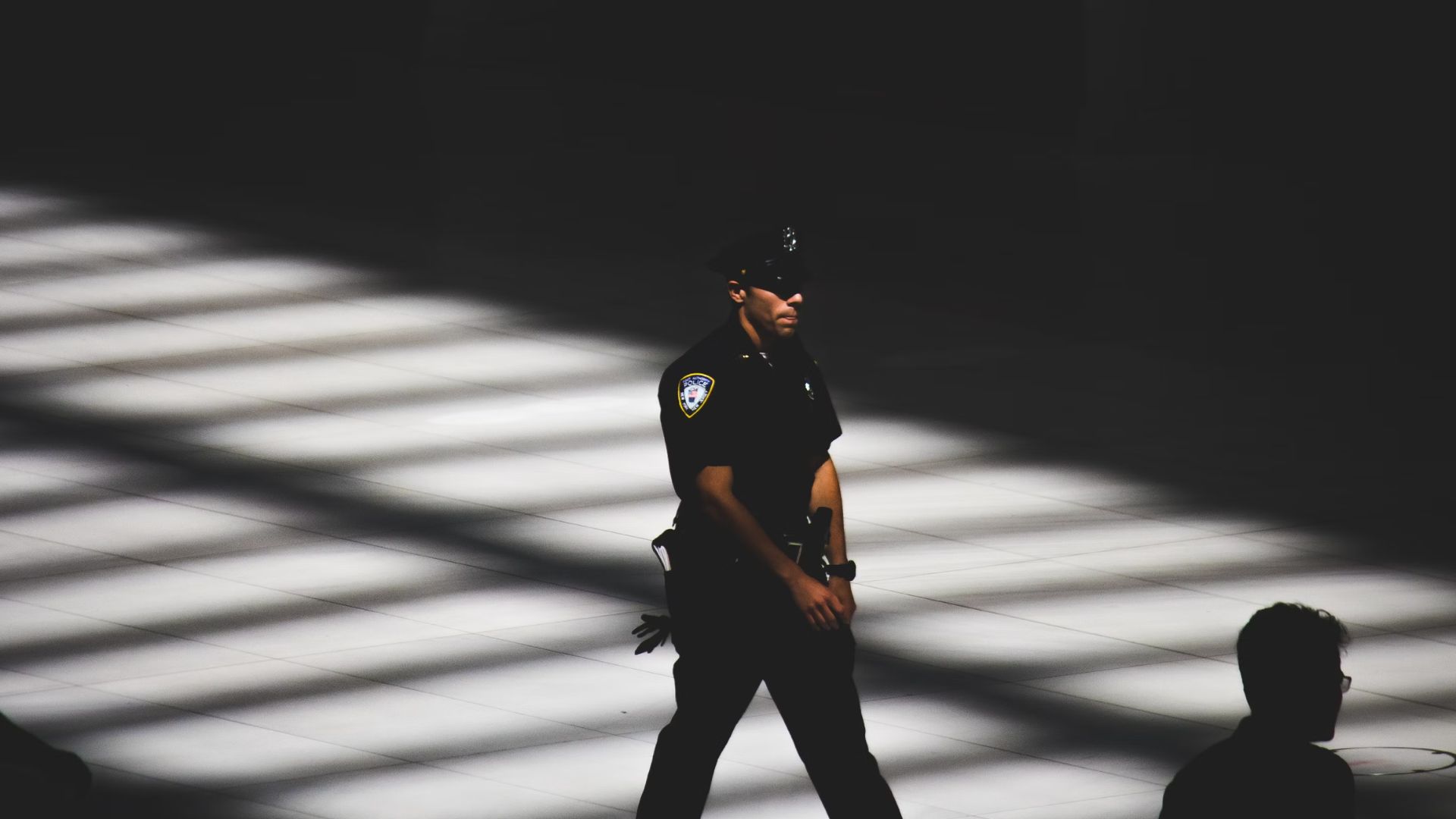
Flash Shelton, described as a handyman-turned-squatter hunter, has advocated for stricter squatting laws, referencing the situation in Atlanta where around 1,200 homes are reported to have been taken over by squatters.
Shelton suggests that criminalizing squatting more harshly could facilitate more effective enforcement and clearance of squatted properties.
Potential Impact of the Legislation

The unanimous passage of the anti-squatting bill by the Florida Legislature marks a potential turning point in the state’s approach to handling squatting.
By streamlining the eviction process and introducing tougher penalties for squatting and related offenses, the legislation aims to protect property owners and restore their rights more swiftly and effectively than has been possible under previous laws.
